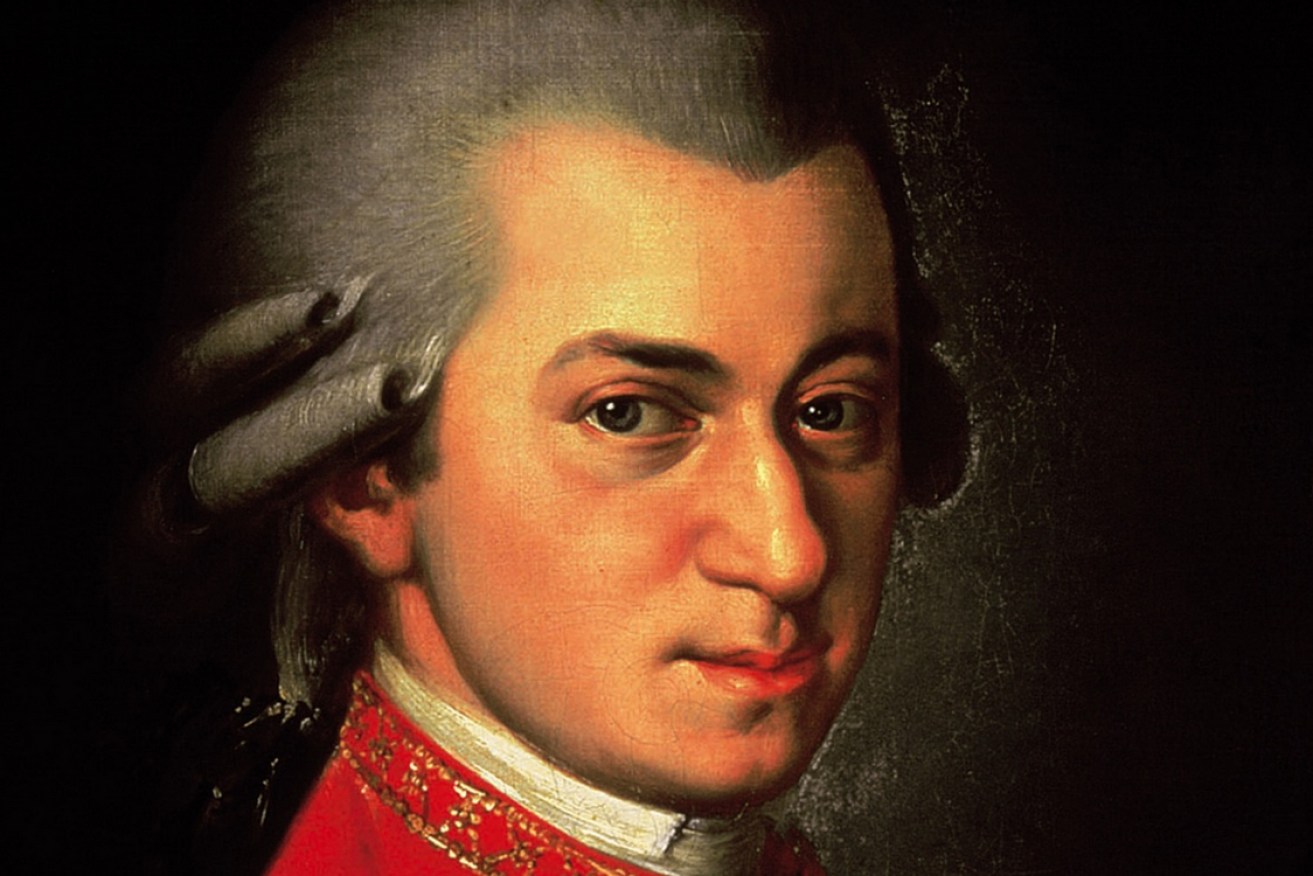On this day: A child prodigy is born – and music was never the same


Wolfgang Amadeus Mozart was born on January 27, 1756. Photo: Mozart
On Monday, conductors everywhere will celebrate a birthday.
Not their own, but that of Wolfgang Amadeus Mozart.
The composer’s works have been celebrated, studied and performed across the globe since he began writing at the age of six.
Writing 600 pieces in his time, there is no doubt he is one of the most prolific composers in the history of western music.
A child prodigy, Wolfgang discovered the piano at the age of three.
He would sit next to his sister while she played, following her instruction.
By the age of five, he could read and write music and would entertain visitors with his talents on the piano.
By six, he was writing compositions.

Mozart with his father and sister.
His childhood was focused on enhancing his talent.
With his father, Leopold – who was also a composer – the pair frequently toured around Europe playing for distinguished audiences, at court, in public and in churches.
Leopold described his son as: “The miracle which God let be born in Salzburg” and saw it as his holy duty to showcase his talent to the world.
In 1781, Mozart moved permanently to Vienna, where he would rise to fame.
Each of his works is numbered according to the order in which they were composed.
His first, K. 1-5 were written in childhood, and his final, the unfinished Requiem, is K. 626.
Before he moved to Vienna Mozart had met and fallen in love with Aloysia Weber, a famous singer of the day. Initially, she seemed interested but inevitably turned him down, so Mozart shifted his interest to Constanze, her sister.
After a rocky courtship where the pair briefly split up, they married on August 4, 1782.
The couple had six children, but only two survived past their first year.
Although Mozart was a much sought after musician, he struggled financially and moved between periods of great prosperity and dire poverty.
Up until his untimely death in 1791, the composer became more prolific.
In his final year, he composed the opera The Magic Flute, the final piano concerto, the Clarinet Concerto, a string quintet, the motet Ave Verum Corpus, and the unfinished Requiem.
No one is sure what caused his death, but in his final days, he suffered from swelling, pain, and vomiting and was nursed by his wife and sister.








